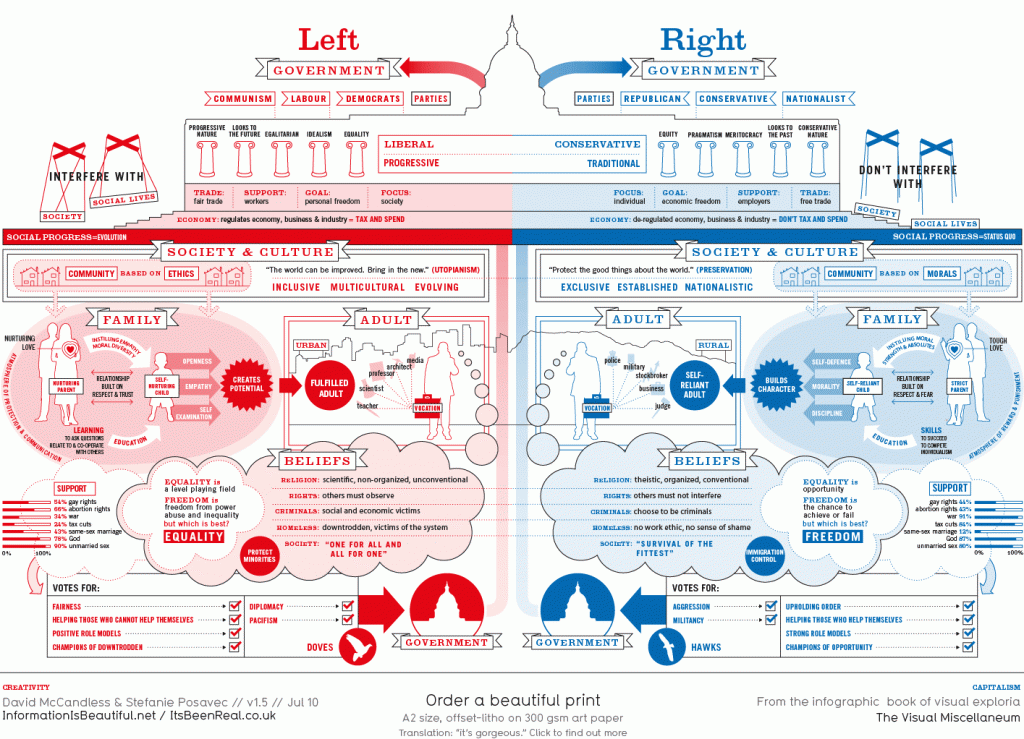As we approach the 100th anniversary of the sinking of the Titanic, there have been many talks about the great ship and its stories. One thing many people will know is that the movie Titanic, starring Kate Winslet and Leo DiCaprio, is back in theatres in IMAX and 3D versions. This has obviously appealed to the mass population, as everyone is revisiting the Titanic romance story – on Facebook, Twitter, and news media. I was quite stunned, while browsing through the Internet about the Titanic, that many people on Twitter are tweeting: was Titanic real? I guess it is common for people to know the movie Titanic, but not everybody knows that the tragedy that happened in the Atlantic Ocean on April 15, 1912, is as real as it can get – minus the love story.
It got me pondering how much the mainstream culture impacts our minds and easily brainwashes us. We can easily recognize the golden arches of McDonald’s, or the logo of a Gucci purse, but not all of us knows stuff outside of the pop culture. Is it tragic? Yes. We are consumed by so much media that we wrap ourselves around with useless, trivial information while pushing out the substantive knowledge we want to value.
Think of another example: Dan Brown’s The Da Vinci Code. When that book came out, it instantly hit the New York Times bestsellers list and remained there for many weeks. I do admit that the book has a very interesting and captivating storyline, but it is dangerous in that it can make the readers almost believe it as real. Many people, after the book was published, questioned the Bible stories and discussed the possibility of Jesus’ living descendants. These topics, I’m sure, have been talked about for years, but they were certainly spurred into the average joe’s mind as soon as the book hit the stores.
The lesson we should take from it is that we need to shield ourselves from ‘false’ or misinterpreted information that we are constantly bombarded with. There is entertainment, and there’s fact – and we need to learn to draw a clear boundary.
